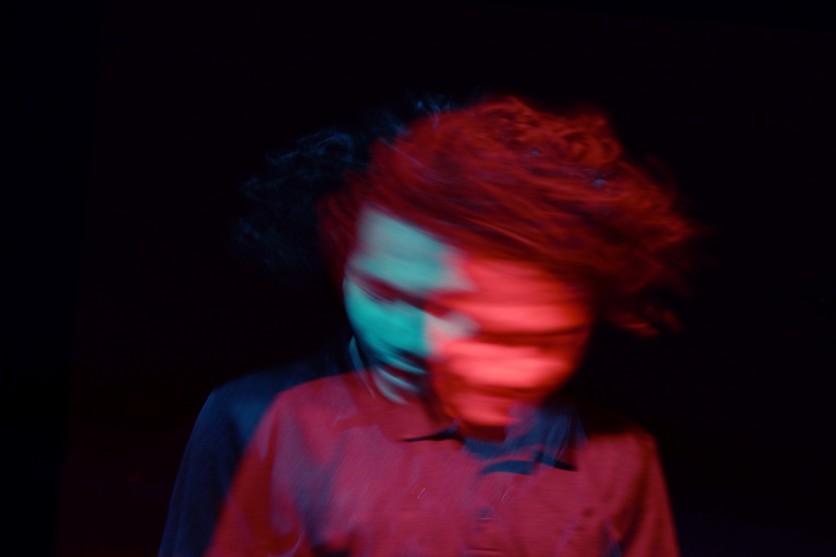
Neuroengineering is now being considered at as a way to help fight addiction. Doctors are saying that they could even fix a person's brain fog and their addictions through combining neuroscience as well as medicine with technology.
J. Flowers Health Institute doctors note that they can fix one's brain fog, and more importantly, their addictions through a combination of neuroscience and medicine along with technology. Neuroengineering is reportedly known to fix certain deficiencies in one's brain.
As of the moment, Houston is considered the only city in the country where people can get free-standing brain-mapping which is already used by NASA, CEOs, professional athletes, and even Olympians. People who have brain injuries, kids with severe autism, and even those who are battling addiction are now finding hope.
The Fight Against Addiction
According to a story by ABC13, Julia Soloman notes that just having a conversation with a person, looking this person in the eyes, is actually something that people would have been able to do up to six years ago. Looking at Julia Soloman, one would not know that she spent over a decade struggling with addiction .
Solomon notes that her first drink was when she was 14. Towards the end, it was actually a lot of stimulants, meaning cocaine and Adderall. Soloman reportedly told the ABC13 anchor Chauncy Glover that she lived the whole typical "goody two shoes" life while growing up. There have been many technologies that are directed towards modern healthcare, and AI is one of them.
Experiences with Addiction
At age 17, however, Somon's Lyme Disease then started to resurface and doctors started giving her Oxycontin to help relieve the pain. Soloman then noted that within two weeks of it being prescribed, she was crushing it up and even snorting it off the back of the toilet at her work.
She reportedly started to spiral out of control at the age of 21; she then had her first stint in rehab. She notes that she wasn't ready and her brain just was not functioning at a certain level that would then allow her to stay sober. As of the moment, there are a number of AI startups that can be followed for mental health care.
Focus on Helping Addiction
Soloman's brain is where her parents tapped into in order to get help. Karen Odell-Barber, the known chairman of neurologics, took her case. It was noted that her family was tremendously worried about her and that she might overdose or even die.
Soloman then underwent brain mapping in Houston over at the J. Flowers Health Institute. The founder of the institute, James Fowlers, noted that he wants to help people coming from a certain addiction standpoint as well as from a mental health standpoint. This is so that they won't end up just like their family.
Fowlers shared that he had a sister that actually died of addiction and fell off an eight-story balcony while high on cocaine. She reportedly had been in 19 different treatment centers and was actually not successful due to no one ever really taking the time in order to understand what her comorbid diagnoses were.
Related Article: FDA Confirms Rejection of Almost 1 Million E-Cigarettes-But Retains Juul and Postpones Its Review Deadline
This article is owned by Tech Times
Written by Urian B.
ⓒ 2026 TECHTIMES.com All rights reserved. Do not reproduce without permission.




